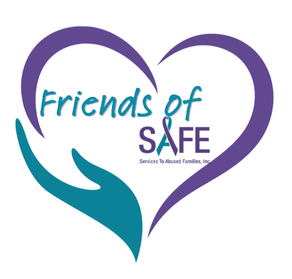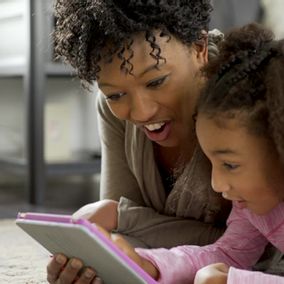We Need Your Help!
Are you looking for a way to give back to the community? Are you good at fundraising or like to plan events? Please join us!
Friends of Safe plan and coordinate local fundraisers like the Luxury BINGO Mardi Gras Ball or Golf Tournaments.
Let your talents shine will helping a worthwhile cause.
Friends of Safe plan and coordinate local fundraisers like the Luxury BINGO Mardi Gras Ball or Golf Tournaments.
Let your talents shine will helping a worthwhile cause.
Friends of Safe Board of Directors
Make an Impact in Your Community
Professional Development
Expand Your Network
Professional Development
Expand Your Network
How can I support a friend or loved one
that I believe is in a domestic violence relationship?
- Acknowledge that their situation is difficult, scary, and brave of them to regain control from – It is not easy to disclose or talk about domestic violence and their partner being abusive.
- Do not judge their decisions – This may not be the right time for them to leave. They know their situation best.
- Do not tell the victim what to do – We like to empower people with knowledge and allow them to make the decision that is best for them.
- Do not speak poorly of the abusive partner – Remember even if they are “hating” this person or situation in this moment this person is their partner. If we speak poorly of them, it appears we are judging the choices the victim has made. It is okay to acknowledge that what the person is doing is abuse or not okay. Address the act not the person.
- Offer resources – Be careful to ensure it is safe for them to receive information and that they want the information.
- Remember that you cannot “rescue them,” and that decisions about their lives are up to them to make.
If you would like additional information on how to support someone that is in an abusive relationship please call our hotline
800-825-8876
800-825-8876
National Domestic Violence Hotline
Highly-trained advocates are available 24/7/365 to talk confidentially with anyone experiencing domestic violence, seeking resources or information, or questioning unhealthy aspects of their relationship.
1-800-799-7233 | 1-800-787-3224 (TTY)
1-800-799-7233 | 1-800-787-3224 (TTY)





